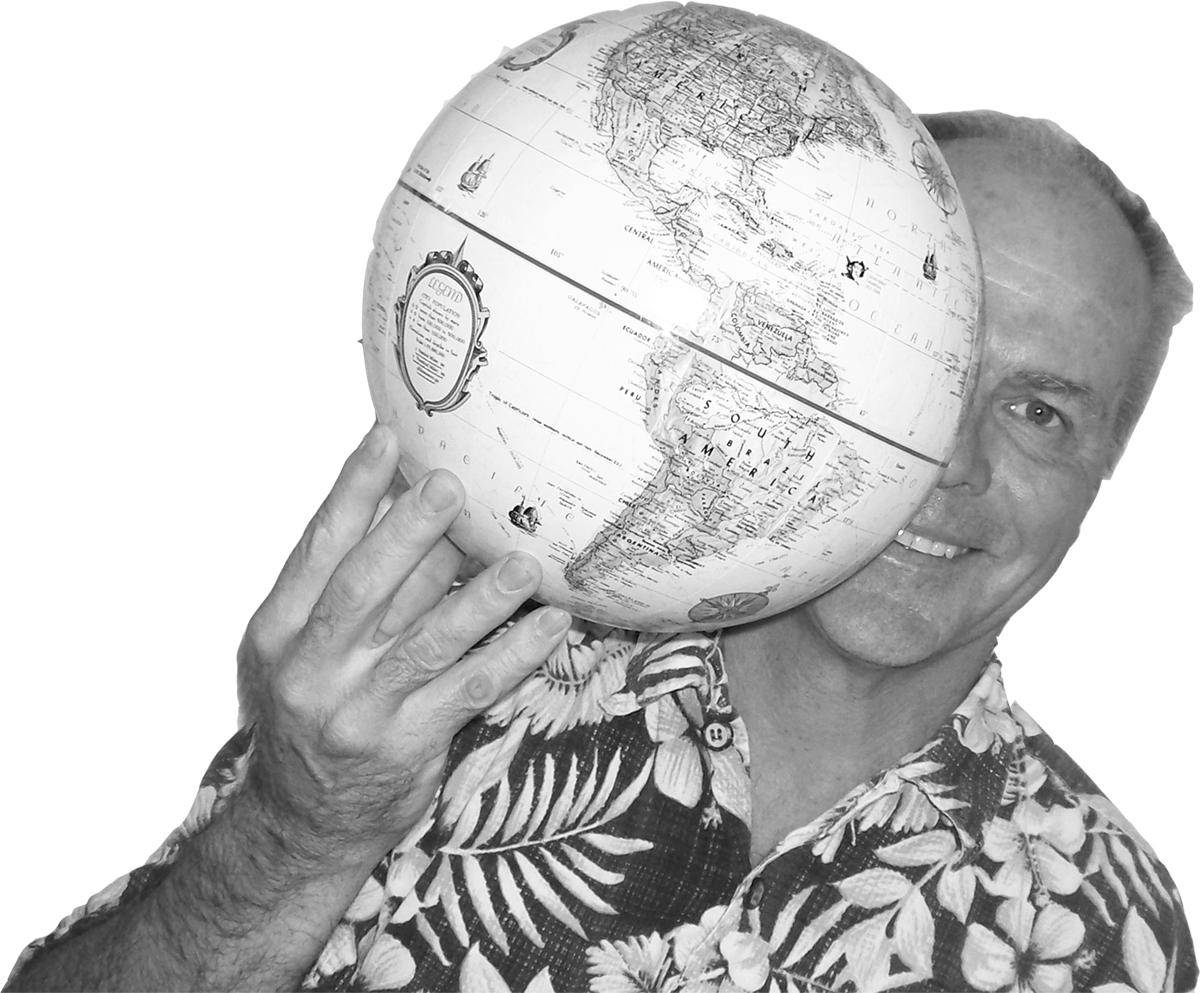In case you missed this recent news item, publishers of a textbook used in Florida have removed all mention as to why Rosa Parks was told to leave her seat at the front of the bus and go to the back on December 1, 1955, in Montgomery, Alabama. In other states, students attending institutions of genuine education learn that the reason was that she was…
Well, I can’t tell you why she was ordered to change seats, because as I write this, I am in the Free State of Florida, as the governor calls it without a hint of irony.

This unwriting of history took place because the publishing company, Studies Weekly, was complying with a new Florida state law banning material that might make students feel “shame or anguish” if they…well, if they resemble the bus driver more than Rosa Parks. I can’t be clearer than that without risking running afoul of Florida law.
But, hey, trimming the Rosa Parks story isn’t that big a deal if it’s done in the interest of avoiding student shame and/or anguish, right? I mean, how shaming or anguishing could it really have been for Rosa (and every other person similar to Rosa in a way I can’t explain) to be ordered to change their seat on a bus, just because…well, the textbook doesn’t say why they were asked to move.
Don’t ask Florida students why, because they’ll never know. Maybe Rosa was snapping her gum or humming “How Much Is That Doggy in the Window?” Something like that could be maddening, right? Yeah, that must have been it. Why else would a bus driver in 1950s Alabama order a woman to go to the back of the bus? The text doesn’t say.
You’d have to go to school in some other Less Free State to find out why folks like Rosa couldn’t sit at the front of the bus — that is, if you’re willing to risk the shame and anguish. Because God forbid that a student would internalize historical facts and connect the dots to their own ancestral journey.
Florida lawmakers fear that if they told kids why Rosa was ordered to change seats, the lesson learned would be “shame and anguish.”
In other states the lesson is called “empathy.”
In Matthew 7:12 the lesson is called “Do unto others as you would have them do unto you.”
I don’t know what other historical rewrites (or unwrites) Studies Weekly has planned, but I can guess. We may still learn that Jackie Robinson broke barriers when he started playing in Major League Baseball on April 15, 1947 — but not what the barrier was. Maybe he was the first guy from Cairo, Georgia, to play first base for the Brooklyn Dodgers, or any other club. Yeah, that must have been it. Why risk shame and anguish by thinking it might have been for other reasons?
And then we’ll learn that Martin Luther King, Jr., gave a historic speech 60 years ago in which he said with soaring rhetoric: “I have a dream that my four little children will one day live in a nation where they would be judged by the content of their character and not…oh, I don’t know, some other judgy reason.” If you’re a student who is somehow different from MLK’s kids in some way I shouldn’t say here, there’s no shame or anguish in words like that, right?
So I have to be careful as I tell you about this, because I wouldn’t want to say the wrong thing and wear out my welcome in the Free State of Florida, where old dudes like me who remember the 1950s often go to retire. If I do decide to retire there, I’m sure I’ll be welcomed because…well, let’s just say that while Rosa, Jackie, and Martin share an important similarity with each other, I’m different from them in a Florida-acceptable way that I can’t explain to you while I’m here in the Sunshine State.
And it’s not only people similar to Rosa, Jackie, and Martin that the governor of the Free State of Florida wants to stop “anguishing” students with by telling the truthful facts of their lives. He is also hard at work appointing people to top positions in the Florida Department of Education and school boards around the state, encouraging them to ban books from school libraries if those books are about people who identify themselves differently from the way you and I might identify ourselves.
But because I’m currently in the Free State of Florida, I can’t explain exactly what that difference is, except to say that some feel that those banned books might “recruit” your kids and grandkids to identify themselves in that different way — as if their core identity is a literary choice, rather than a biological imperative.
So even though I have had to leave out some key details in writing this, it’s all Sunshine-clear and anguish-free, right?
Rumor has it that the current governor of the Free State of Florida wants to hit the road and bring his brand of freedom to every state in the union. You don’t have to look any further than major papers like the Chicago Tribune to see that he’s gaining traction all over the nation.
As of this writing, he hasn’t announced his candidacy, but it’s likely that he will soon. And if he’s elected, he’ll want to bring his blind-blazing Sunshine to every corner of this land.
Fortunately, there are ways to keep Sunshine from blinding you or killing you with cancer. In Florida, it’s called polarized sunglasses and sunscreen.
Everywhere else, it’s called intelligent voting, which has been missing in Florida for a while.
TR Kerth is the author of the book “Revenge of the Sardines.” Contact him at trkerth@yahoo.com.




